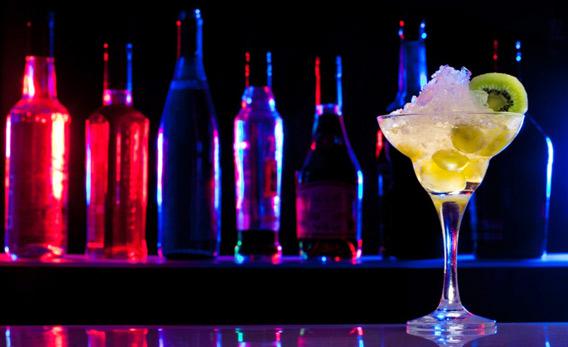At least six teens have reportedly turned up in Los Angeles-area emergency rooms in recent months after imbibing hand sanitizer. Would getting smashed on 120-proof Purell feel any different than getting equally intoxicated on wine, beer, or tequila?
Maybe. Ethyl alcohol is ethyl alcohol whether it’s fermented from grapes, barley, or agave. (The stuff in hand sanitizer tends to be either synthetic or fermented from corn.) There’s no evidence to support the popular theory that different types of alcohol tend to incite different moods while drunk. Red wine may not lead to frivolity, or whiskey to violence, but it’s possible that the nonalcoholic ingredients in a particular beverage could alter other symptoms of inebriation or hangover. About 8 percent of the population is allergic to something in red wine, for example, and those who are experience coldlike symptoms or severe headaches after drinking it. Those ill effects have long been blamed on sulfites, but recent research suggests the main culprit may be organic compounds called glycoproteins, which share traits with allergens found in fruits, nuts, and latex.
Hard alcohol can also contain various types and amounts of toxins in addition to their alcohol content, including acetone, furfural, and polyphenols. A few, including the butanol found in whiskey, might actually protect the stomach lining from damage during a bout of drinking. Mostly, though, these compounds are bad news. A recent study supported the theory that the particular byproducts of fermentation in each kind of booze can play a role in the severity of hangovers. Subjects in a controlled experiment were given either bourbon or vodka (masked with a cola mixer) one night and a nonalcoholic placebo another night. The bourbon drinkers woke up feeling slightly worse, on average, than the vodka drinkers, though the difference was much smaller than the difference between those who drank alcohol and those who drank the placebo.
The mixer matters too: Researchers have found that drinks made with diet cola are more likely to produce drunken vomiting than those made with regular cola. Hand-sanitizer, for its part, contains mostly alcohol and water, so fermentation byproducts are unlikely to be an issue. The main concern is simply the high concentration of alcohol, which makes it easy to get drunk quickly.
What about the folk wisdom that it’s a bad idea to mix your alcohols, or that beer before liquor makes you sicker than drinking liquor before beer? Again, there’s no evidence for these rules of thumb, assuming your overall alcohol intake is the same.
Got a question about today’s news? Ask the Explainer.
Explainer thanks Robert Gwyther of the Bowles Center for Alcohol Studies at the University of North Carolina and Damaris Rohsenow of Brown University.
